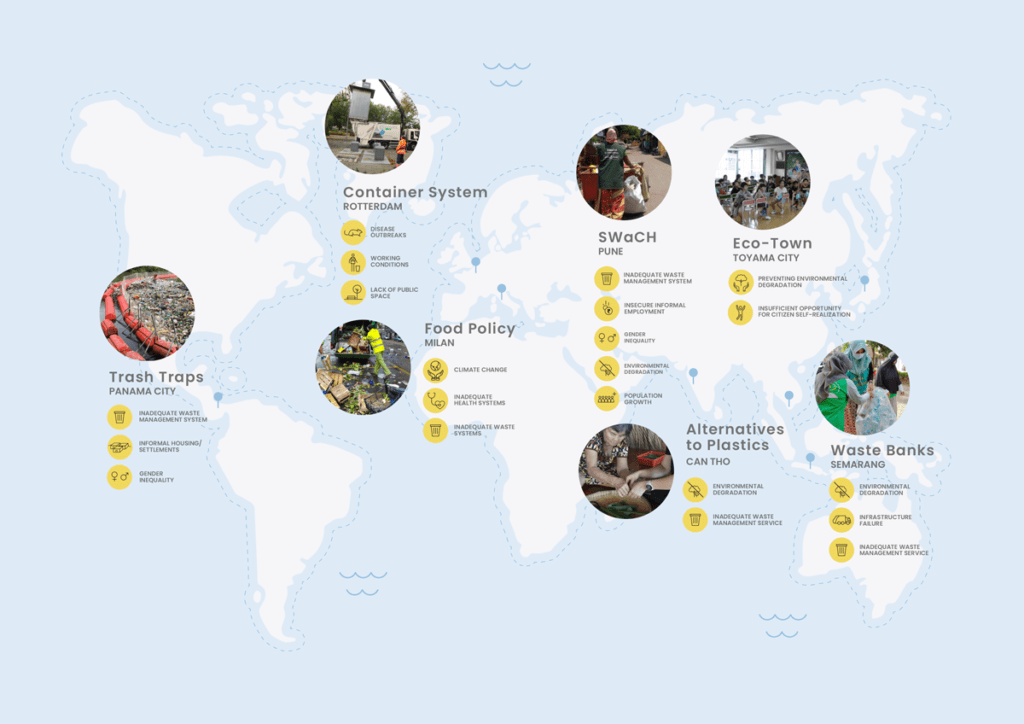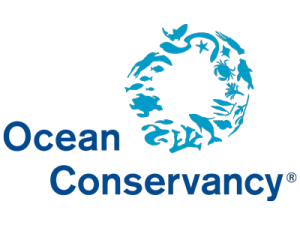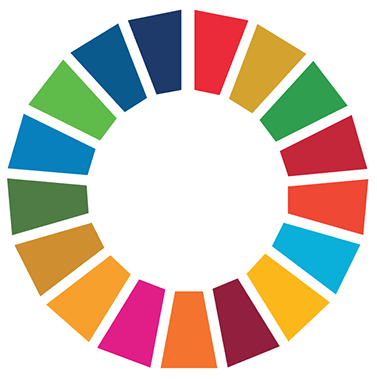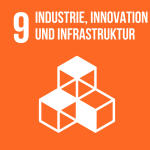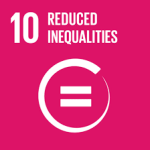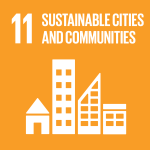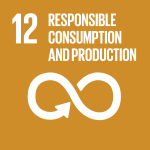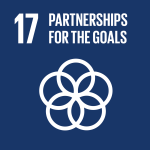Urban Ocean
Background and Objectives
There are 150 million tons of plastic already in the ocean, and 8 million tons are added each year. That’s the equivalent of one garbage truck of plastic entering the ocean every minute. While plastic pollution costs an estimated US$2.5 trillion to the global economy annually, the issue has serious impacts on human health and safety as well as the environment. This plastic comes primarily from mismanaged waste streams – a result of economic and population growth outpacing infrastructure development. This is a major concern especially in low-income countries, where over 90 percent of waste is openly dumped or burned, with consequences not only for the environment but for public health and economic development as well. The Covid-19 pandemic has exacerbated the scourge of plastic pollution and has both worsened existing vulnerabilities within our waste management systems and exposed new ones. In addition, plummeting oil prices globally have led to a dramatic decrease in the value of plastics forcing companies to make tough decisions about whether recycling is still an economically viable option.
Program Objectives:
The goal of the Urban Ocean program is to work with city leaders to bring new ideas, partners and resources together to solve interrelated problems around waste management. It provides the opportunity for ocean advocates and city leaders to join forces with other allies to develop comprehensive solutions that meet the needs and priorities of communities and other actors, to create real and lasting impact. The program will demonstrate how actions to improve waste management and recycling can provide resilient and sustainable solutions that not only reduce ocean plastic pollution but also address key city priorities such as improving public health, supporting economic development, and reducing greenhouse gas emissions. Furthermore, Urban Ocean will provide a platform for cities to showcase leadership and share knowledge and experiences across the Global Resilient Cities Network community and beyond.
Main approach
Urban Ocean is a capacity-building and accelerator program for cities that will champion circular economy principles, build awareness of ocean plastic pollution, and assess waste management systems. It supports cities to develop strategies and projects designed to address the interrelated challenges of ocean plastics and community resilience and has four areas of action: • Build a coalition of cities that works on solving interrelated problems around waste management and promotes circular economy solutions and approaches in municipal waste management; • Establish a peer network and exchange through a Community of Practice that enables collaboration, sharing of best-practices and capacity development; • Assess critical gaps, risks and vulnerabilities and map waste management challenges; • Jointly develop financeable resilience project proposals for presentation to potential partners and funders. • Urban Ocean works closely with cities in Asia Pacific, Latin America, and Europe to demonstrate tangible solutions and progress. The first cohort of cities comprises 4 cities that are leading the way in the fight against river and ocean plastic pollution and/or in implementing circular economy approaches (mentor cities), and 5 cities located in geographies with high waste leakage rates that are committed to improving waste management as part of resilience-building efforts (learning cities). Urban Ocean works with leading cities and offers an opportunity to develop and deliver solutions where the action is most needed – at the local level. It enables and empowers cities in South and Southeast Asia and Latin America to develop circular economies, reduce plastic waste and build cleaner, healthier and more resilient communities for the long term, particularly as they weather the impacts of the current COVID-19 crisis.


